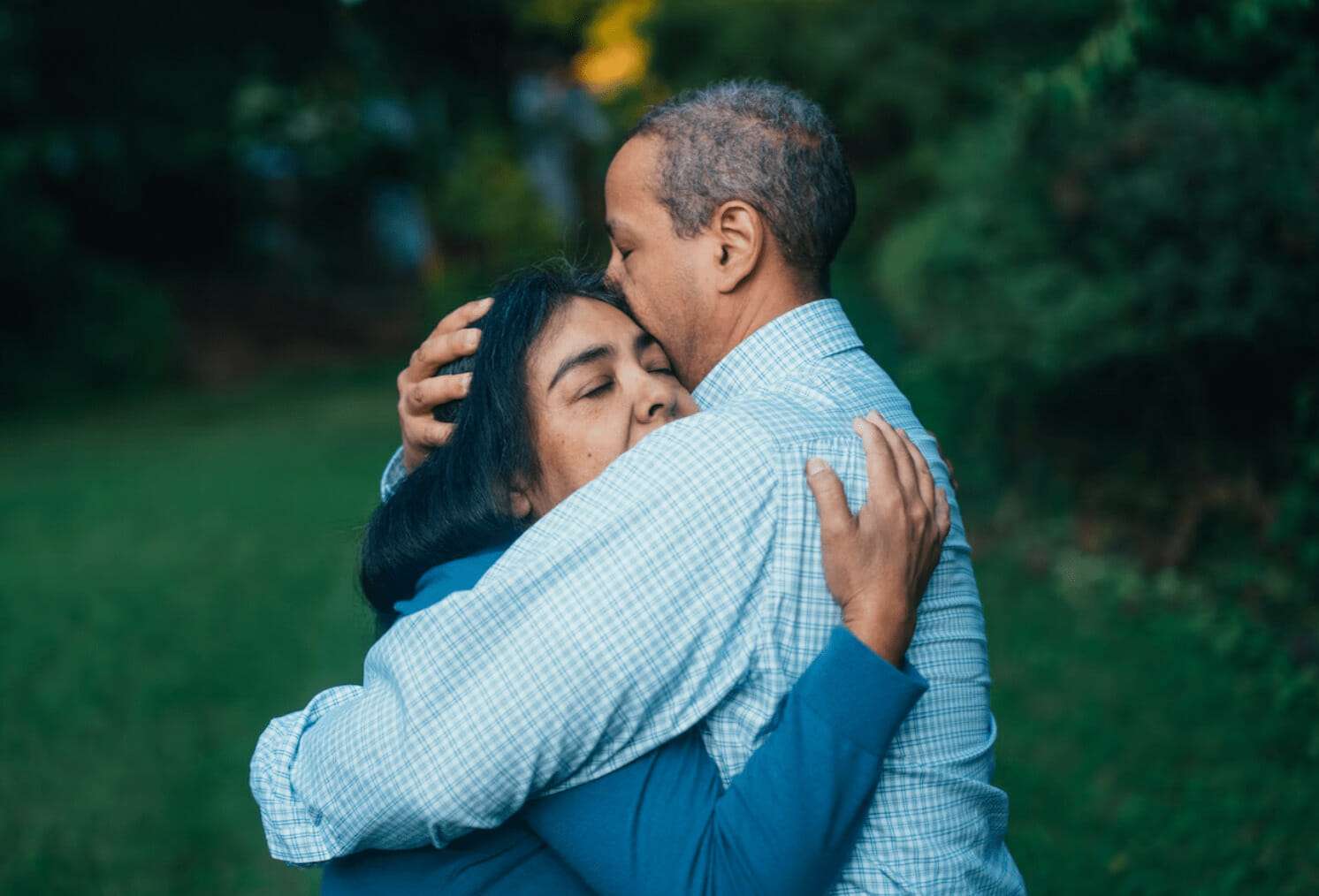
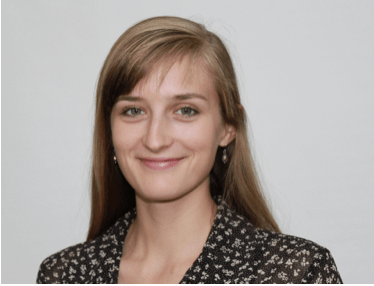
GUEST POST: A recent story in the Washington Post highlighted the painful story of Deborah and Lee Dorbert, Florida parents who learning mid-way through pregnancy that their second child has a likely fatal condition. The strongly pro-abortion piece wrongly portrays pro-life laws as the cause of suffering and ignores the fact that compassionate and life-affirming care is possible and should be more widely available.
When parents receive a serious prenatal diagnosis for their baby, they are often stunned, confused, and upset, which is understandable. Whether the condition is initially discovered through unreliable prenatal screenings or through abnormalities detected by ultrasound, doctors can diagnose many conditions while babies are still in the womb.
The prognoses for some conditions diagnosed before birth can appear bleak. Conditions like Trisomy 18 or Potter’s Syndrome, the diagnosis for the Dorberts’ baby, often mean that a child will not survive birth or will live after birth for only a few minutes, hours, or days. Processing such shocking news can be difficult.
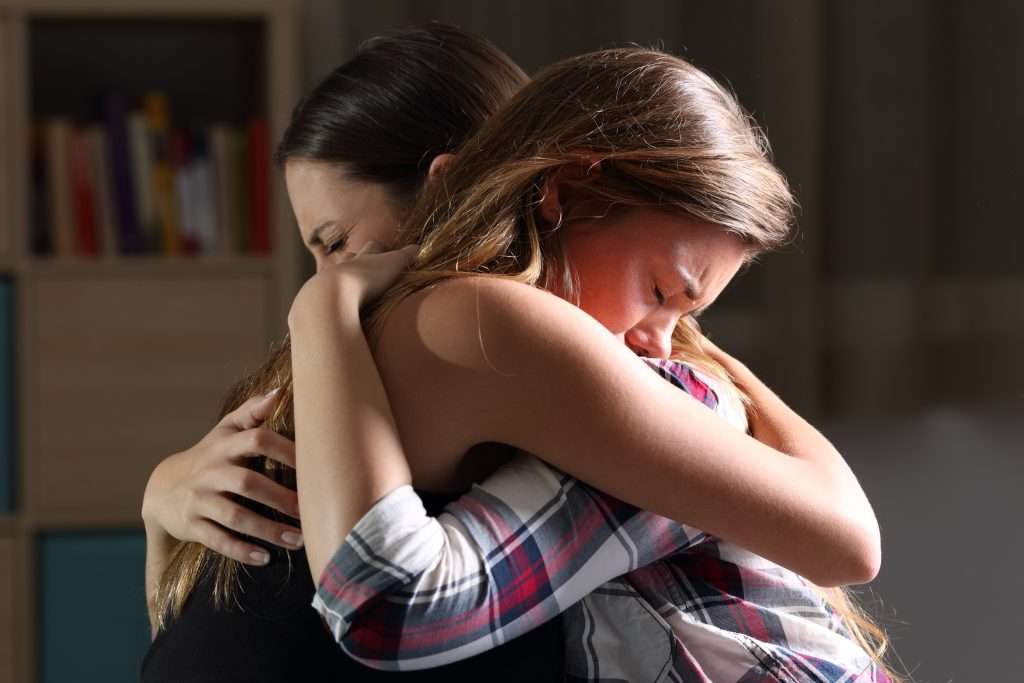
Unfortunately, for too many parents in these difficult circumstances, they are only given one option to “fix” the situation: abortion. People act as though violently ending the life of the preborn child is “compassionate.” Parents are even told it would be “cruel” to lovingly accept a child with complex medical challenges. Friends and family members who are uncomfortable with the parents’ anxiety and grief mistakenly believe that abortion will allow them to “get over” the trauma.
One mother recalls, “The only option offered was termination. In spite of us insisting we wanted to continue this pregnancy, the medical personnel who handled us on the day of the diagnosis didn’t offer us any other help. They kept emphasizing that ‘no one carries a baby with this condition’ and how terrible it would be. They kept saying that Trisomy 18 is ‘incompatible with life.’ The pressure to terminate was tremendous.”
On her podcast Explicitly Pro-Life, Students for Life of America President Kristan Hawkins discussed the alternatives to abortion for babies with a serious prenatal diagnosis. She noted the inherent ableism of denying parents of potentially disabled children life-affirming care.
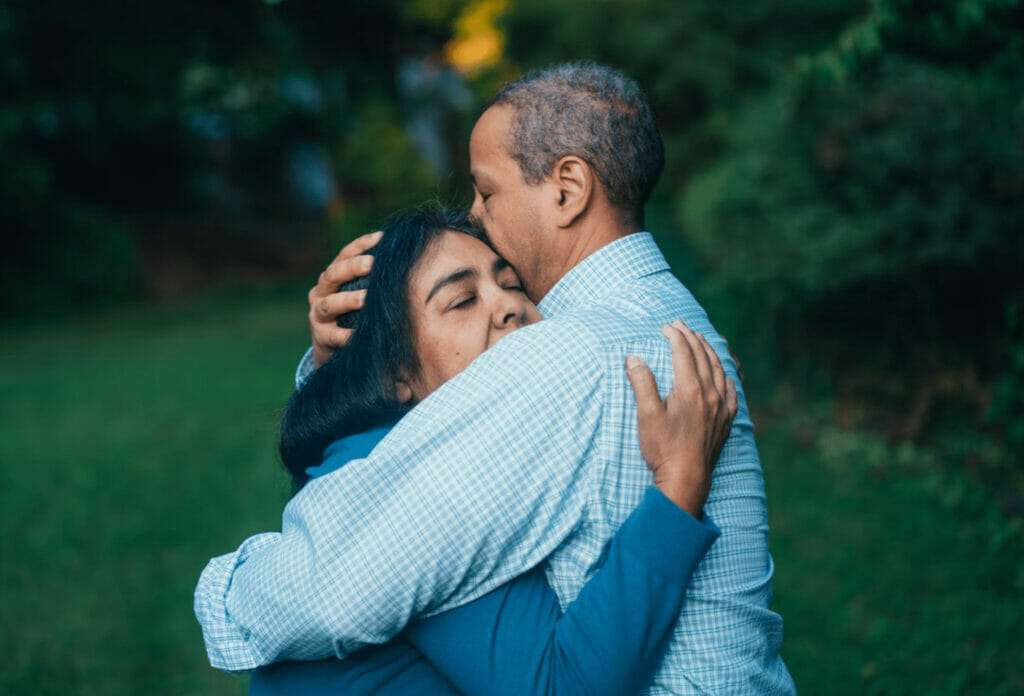
“That term ‘incompatible life’ is itself dehumanizing, and nothing renders someone more incompatible with life than dismembering, poisoning, or lethally injecting him or her,” Hawkins said. As the mother of four children, two of whom have cystic fibrosis, Hawkins has experienced firsthand the deadly discrimination at work in the medical system. Hawkins has continued to insist on the truth: life has value even if the health of a child is not deemed “perfect enough” to be given a chance.
On her podcast, Hawkins noted the alternatives to abortion for parents facing a prenatal diagnosis. These are real options that parents deserve to know about at the time of diagnosis. Hawkins drew attention to PerinatalHospice.org and Prenatal Partners for Life, organizations that exist to connect parents to local resources to accompany them when expecting a child with a potentially life-limiting condition.
Groups like PerinatalHospice.org and Prenatal Partners for Life are part of a growing movement of parents and advocates who are raising awareness about a life-affirming alternatives in situations of a serious health condition in a preborn baby. Although some children may not live a long life, they are still human beings worthy of our love and care. And their parents deserve support in choosing a life-affirming and loving option.
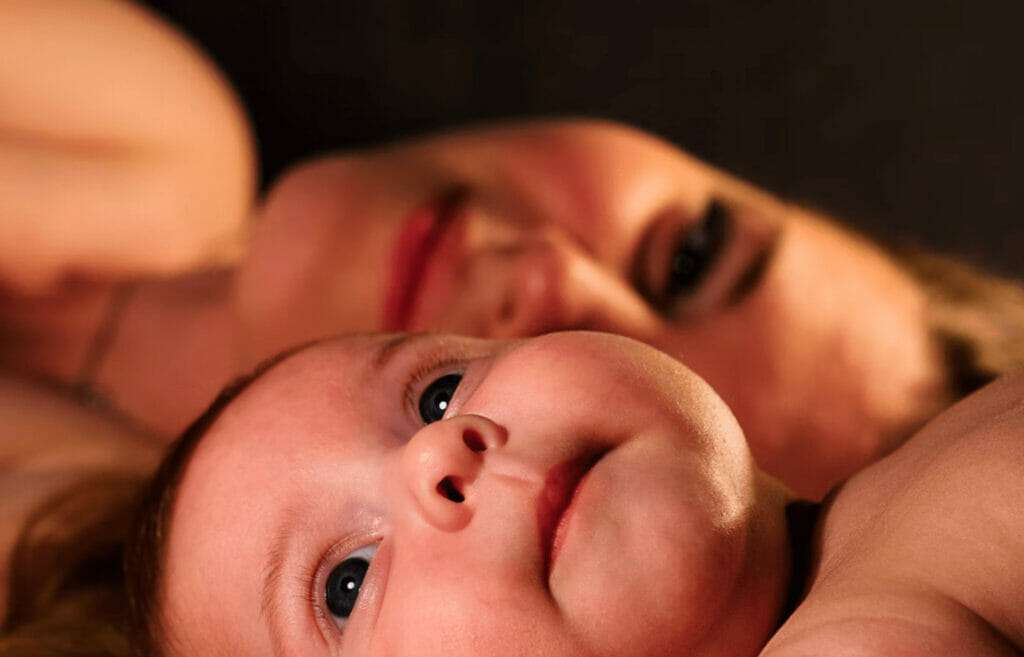
In a statement to Student’s for Life of America about Deborah Dorbert’s case, Donna Murphy, founder of Heaven’s Gain Ministries, said, “If the terminal diagnosis was at 23 months after birth, instead of 23 weeks in the womb, she would treasure every moment that she would have with her child.”
“Some people think abortion takes away the pain of losing your child but it does not. It just hastens the experience of losing your child and robs the family of memories that they could have experienced with their baby,” Murphy continued. She asked, “Wouldn’t it be great if she was offered the support of a perinatal hospice or an Advocate of Parents of Perinatal Loss (APPL)? They could have helped her treasure each memory. They could help her journal experiences that they could have together. They could journal how the baby reacts when her mom eats ice cream, hears loud noises, soft whispers, or movement when mom goes on a swing. The family should not be denied any memories.”
Amy Kuebelbeck, founder of PerinatalHospice.org, clarified in an article, “Perinatal hospice is not a place. It is an extra layer of multidisciplinary support that can easily be incorporated into standard pregnancy and birth care. This support begins at the time of a life-limiting prenatal diagnosis and continues throughout the remainder of the pregnancy and the baby’s birth, life, and death.”

Such care, Kuebelbeck noted, is in line with the World Health Organization’s definition of palliative care in that it “affirms life and regards dying as a normal process” and “intends neither to hasten or postpone death.” A key component of successful perinatal hospice is giving parents the option to connect with other parents who have lost a child.
Abortion, the violent destruction of an innocent and defenseless human being, does not cure anyone and is not loving or compassionate. Share perinatal hospice resources with people in your community. The more doctors and nurses are aware of these life-affirming and truly compassionate alternatives to abortion, the fewer parents will be isolated and pressured to end the life of a child through abortion.
If you are facing the possible loss of a child, visit PerinatalHospice.org and Prenatal Partners for Life.
READ NEXT: WATCH IT NOW: Documentary Featuring SFLA ‘Battleground’ Hits Streaming Service Starz
Share this post
Recent Posts

Abortion Brags from Lily Allen & Hat from Cynthia Nixon Enrage Even Pro-Choice Americans. Can the Pro-Life Generation Take Some Credit?
11 Jul 2025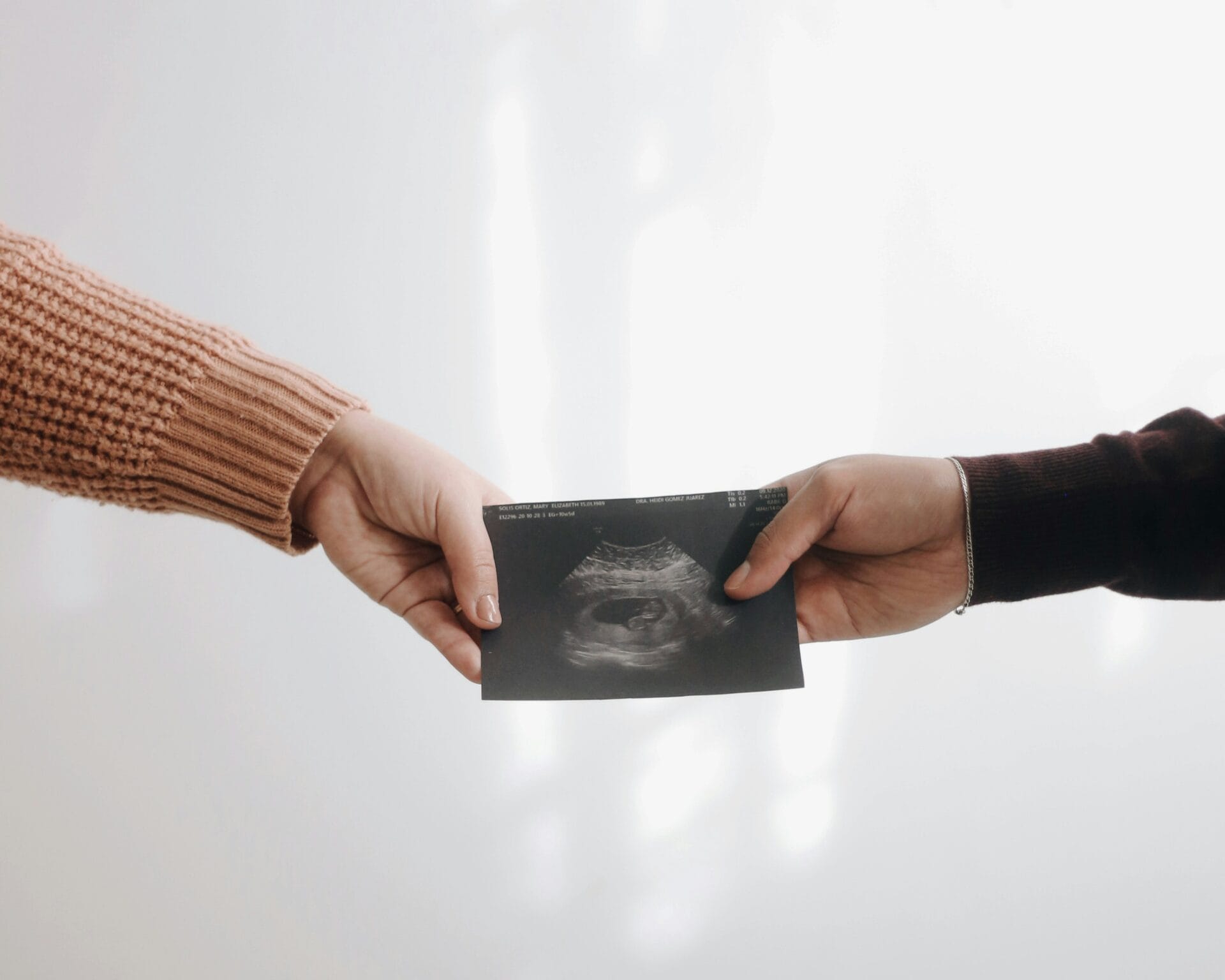
Young Mom Prayed for God’s Hand on Her Child – At Her Ultrasound Appointment, THIS Happened
11 Jul 2025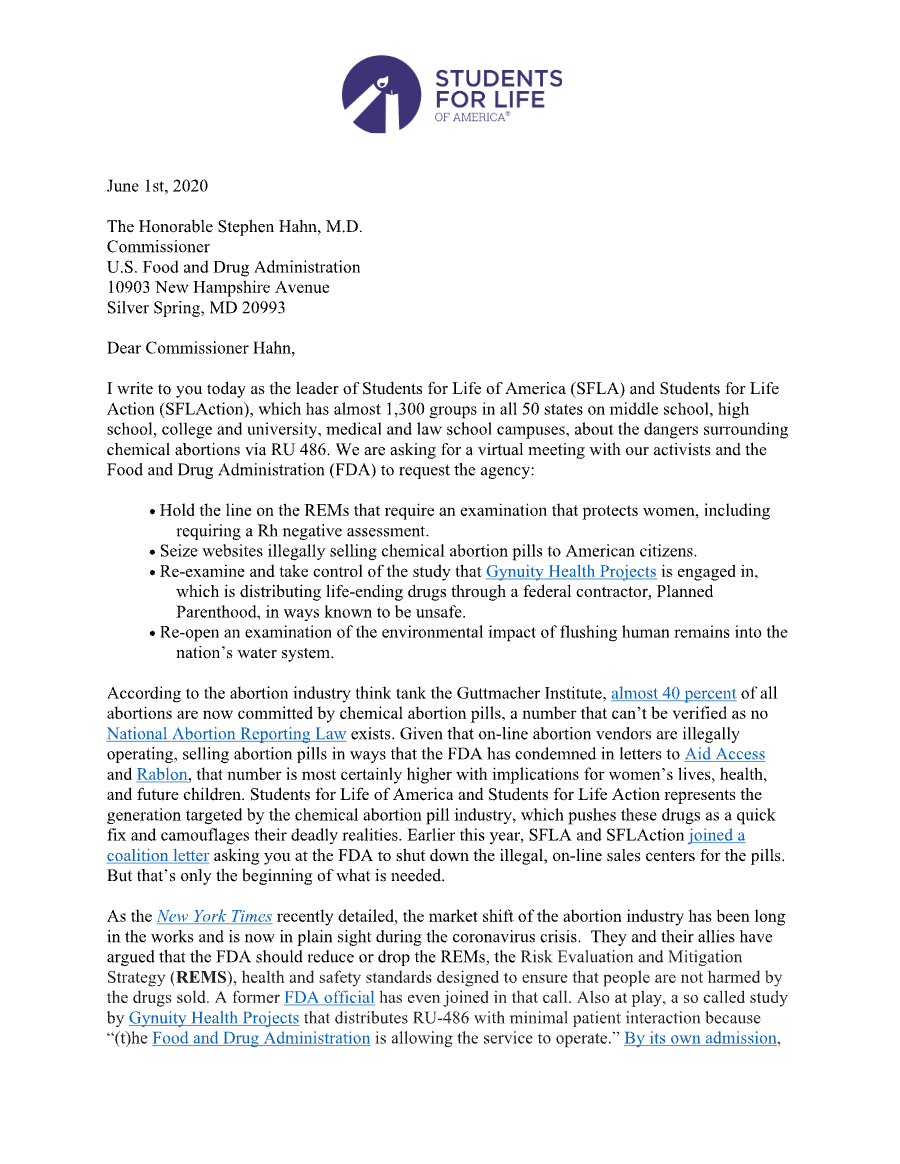
Letter to the FDA Regarding Chemical Abortion Drugs June 2020
10 Jul 2025
